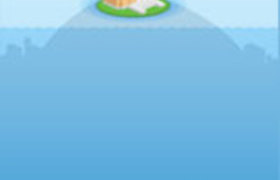Decolonisation essential for equality and justice
05 January 2015
Alex Hotz
Postgrad student in the Faculty of Law
We must reject this liberal idea of transformation and adopt decolonising the university as the modus operandi to change the institution. Decolonisation is the process of completely destroying the structure that currently exists - in other words, destroying the status quo. Transformation is working within the structure to change it, and we know that the current South African state did not come about through a revolution (destroying the status quo) and is simply perpetuating the same experiences people had before the dawn of democracy.
Decolonisation is about decolonising the physical space, the culture of the institution, the curriculum, but also changing who gets to come to the institution and who teaches us - aspects which I consider incredibly important.
As a law student I believe decolonising the law faculty goes beyond the faculty and the institution. It speaks to what the law is and how it is used within this country. We pride ourselves on having one of the best Constitutions in the world, but who deems it to be the best? How do we celebrate something in which basic rights are not fleshed out? For instance, we have the right to access housing; but not the right to access decent housing. These are questions we have to think about regarding the way the law is structured.
A UCT law professor once argued that the law is violent, especially in the way that black people experience it in this country and institution. The law does not represent black people, but always criminalises them. The institutional culture and symbolism in the law faculty illustrates this. When you enter the Brand van Zyl library, you are met with an image of people being imprisoned, and you don't see a single white face among the prisoners. There's no context, and it almost infers that 'blackness' is criminal. I think the process of decolonisation is critical for us to have any form of equality or justice in this country, in this institution, or in this world.
 This work is licensed under a Creative Commons Attribution-NoDerivatives 4.0 International License.
This work is licensed under a Creative Commons Attribution-NoDerivatives 4.0 International License.
Please view the republishing articles page for more information.
Feature
Front page
Opinions
Previous Editions










